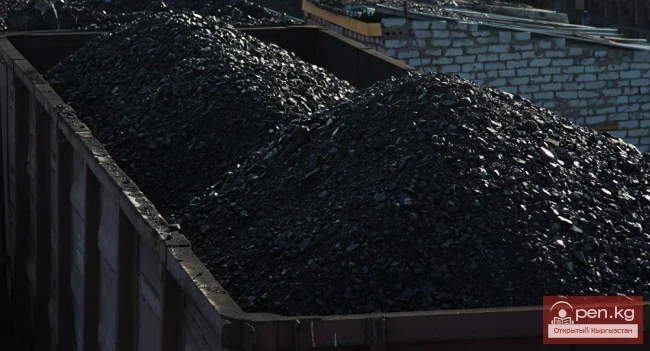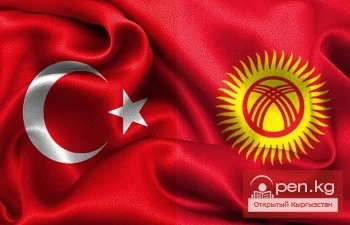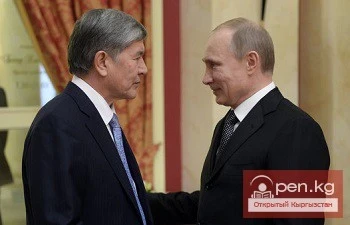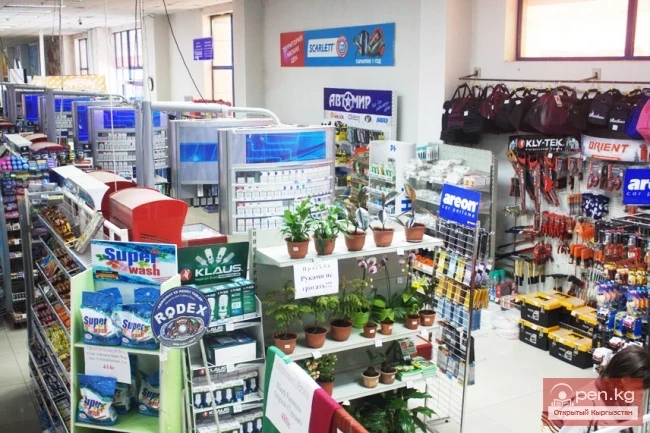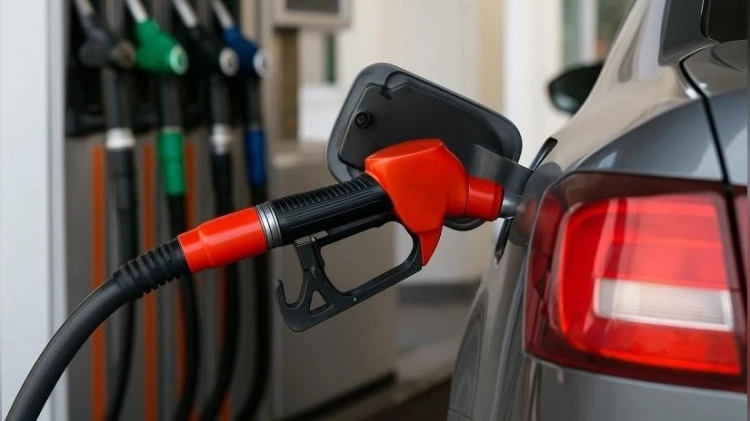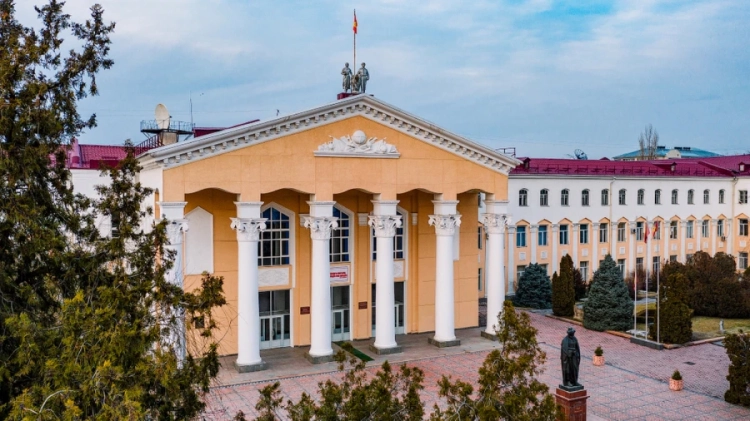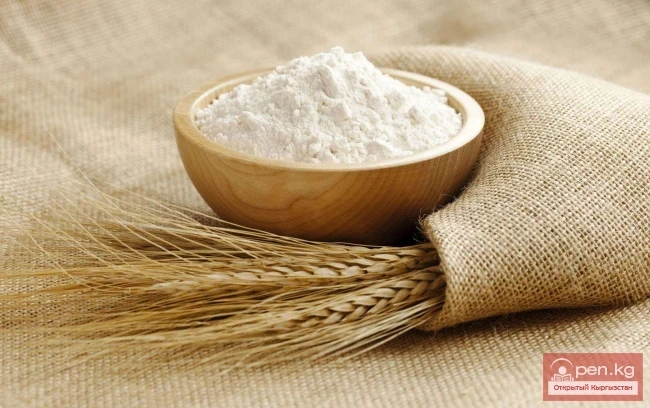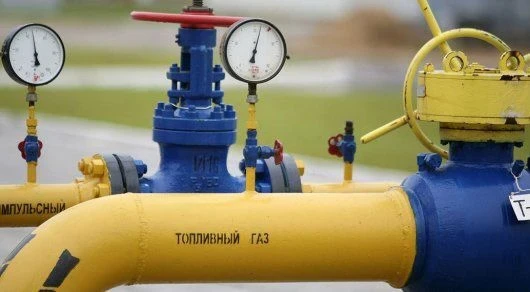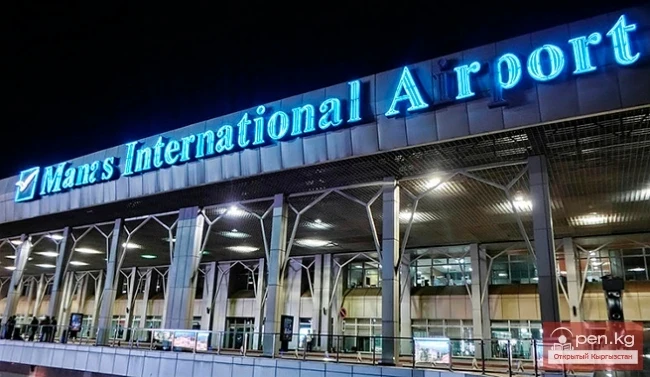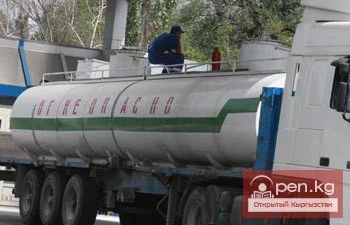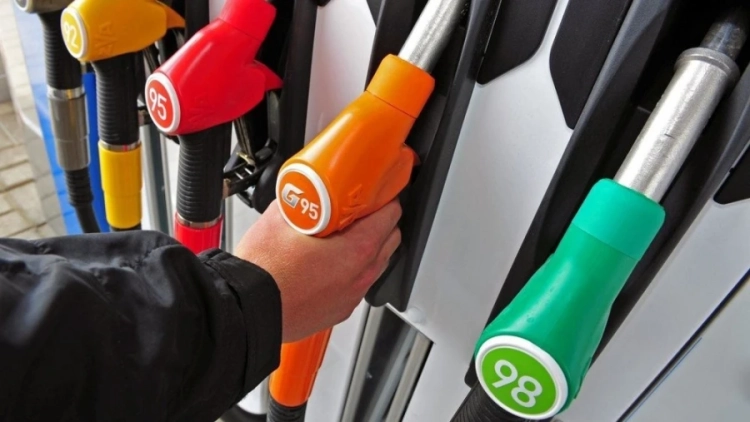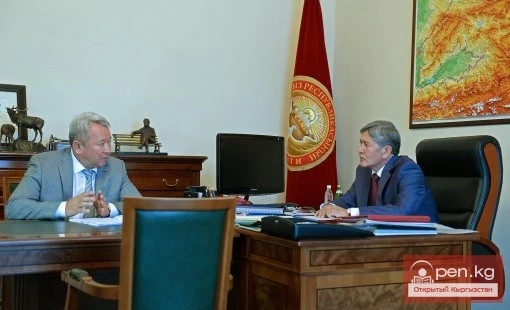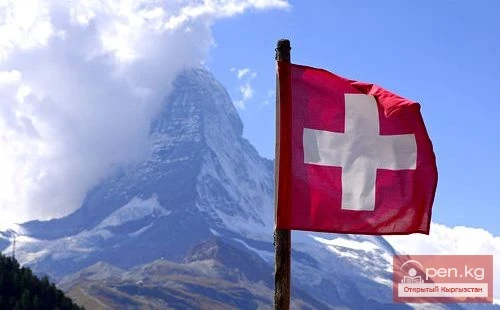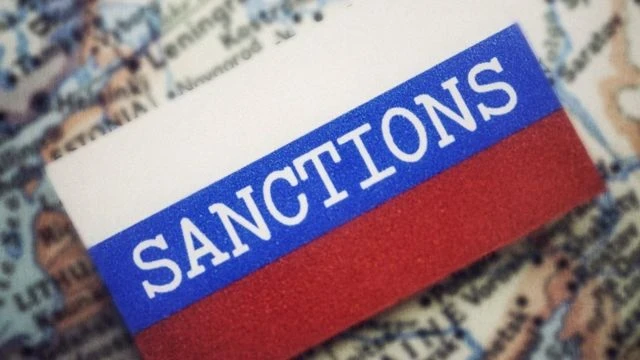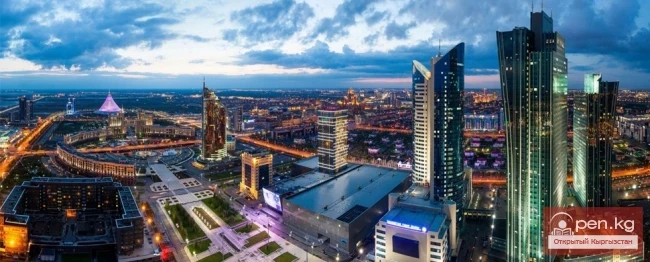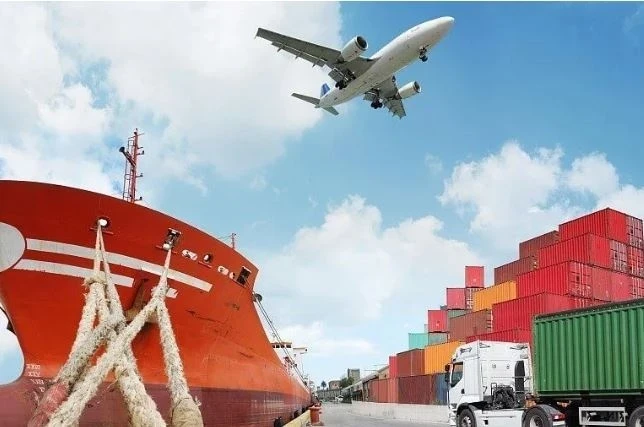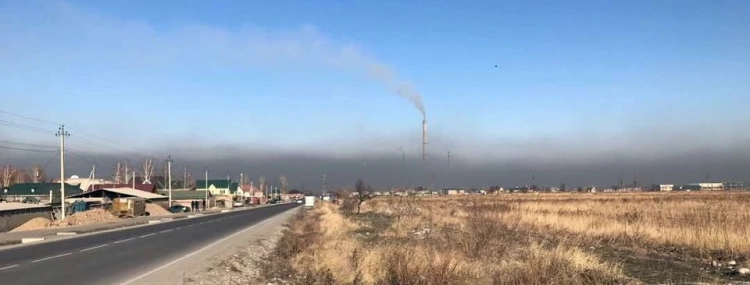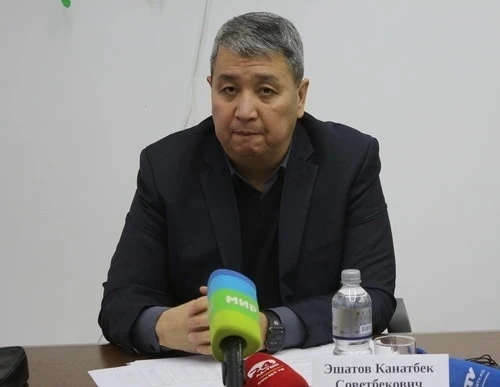
In an interview with the President of the Association of Oil Traders of the Kyrgyz Republic, Kanatbek Eshatov, current issues in the fuel market were discussed.
- What is the annual consumption of fuel in Kyrgyzstan?
- In our country, the annual consumption is approximately one and a half million tons.
- Can we assert that the country is entering a fuel crisis, considering the current trends?
- The situation is indeed not optimistic, but it is too early to talk about a crisis. The authorities are actively addressing this issue, holding meetings and discussing ways to diversify with oil traders.
- What percentage of fuel is imported from Russia?
- About ninety percent of fuel, or possibly more, comes from Russia. Although shipments continue, we are striving to increase supply volumes. There are other countries, but their products would significantly raise the overall offer, so we consider the social consequences.
- Which countries could become alternative suppliers of fuel?
- For example, Iran or Azerbaijan. We are exploring import opportunities from there, but in some cases, legislative restrictions can complicate the situation. In such cases, we appeal to the government for assistance in resolving these issues.
- Russia provides fuel to Kyrgyzstan duty-free; what about other countries?
- Yes, however, for example, in Kazakhstan, the transportation conditions are more convenient, although there are legislative barriers. This year, Kazakhstan eased some restrictions, and our oil traders were able to import certain types of fuel from there. The Association actively helps the government optimize supplies to avoid sharp price increases and shortages.
- The issue of diversification is also important. What is the status of oil refining in Kyrgyzstan?
- Before the pandemic, domestic production covered only twenty-five percent of needs. However, our oil refineries are currently undergoing modernization, and next year they should begin producing higher quality fuel. For example, the "Junda" plant will be able to meet more than half of the country's fuel needs.
- The problem is that there is not enough local raw material. In any case, oil will have to be imported to reduce the cost of fuel through refining.
- Yes, that is correct. Kazakhstan, for example, produces about one hundred million tons of oil, and a large portion of this volume is sold on the exchange. If our plants can operate at full capacity, it should positively affect prices.
- Environmental aspects are also important. Low-quality fuel is imported into the country, which harms the ecology and health. What are the quality standards?
- According to the agreement on joining the EAEU, starting from 2019, we were supposed to stop importing fuel below Euro-4. However, due to the lack of modernization at our plants, the deadlines have been constantly extended. Now, within the framework of the EAEU, we need to transition to unified standards.
- Does this mean that low-quality fuel was produced in the country while higher quality was imported?
- Not quite. The low-quality fuel that was imported was supposed to be processed at local plants to improve its environmental class.
- So, nothing has been done over these years?
- Currently, the plants are being modernized, and after that, the import of fuel below class K4 should be stopped.
- The head of the Antimonopoly Service stated that he monitors fuel prices and warned of possible actions against speculators. But later he himself admitted that it is impossible to keep prices down. How can this be explained?
- The Antimonopoly Service actively cooperates with oil traders and knows all the details: volumes, prices, expenses, and taxes. We are not talking about super profits; companies are operating at the edge of profitability. The head of the service, seeing the situation, could not help but react.
- Why make such statements if they already have all the information?
- I cannot comment on that. But he noted that it is impossible to keep prices down since exchange quotes have reached record levels, and wholesale prices continue to rise.
- What are your forecasts? Is further price growth for fuel expected?
- I anticipate that prices will continue to rise, as some plants in Russia have closed for repairs, and supply in the market is decreasing.
- Could this lead to another wave of inflation and rising food prices?
- Yes, that is why our companies are seeking alternative supply routes for fuel to minimize negative consequences for the population. We understand that any increase in fuel prices will lead to price increases in other sectors of the economy.
Interviewed by Erik ISRAILOV
Newspaper "Public Rating"


